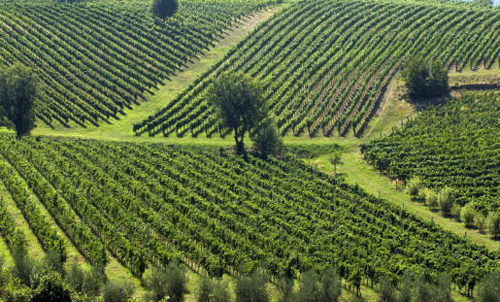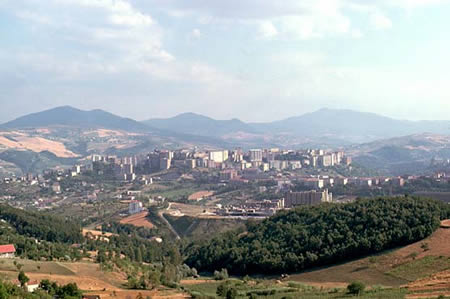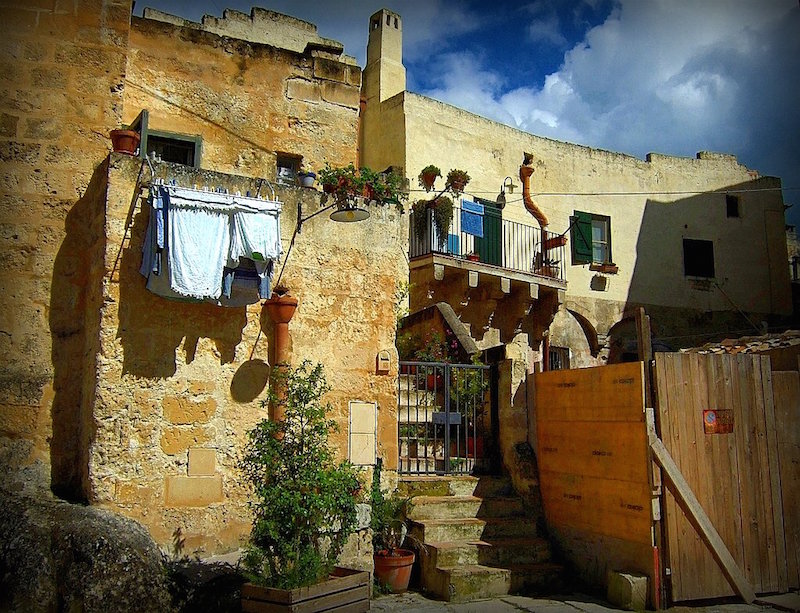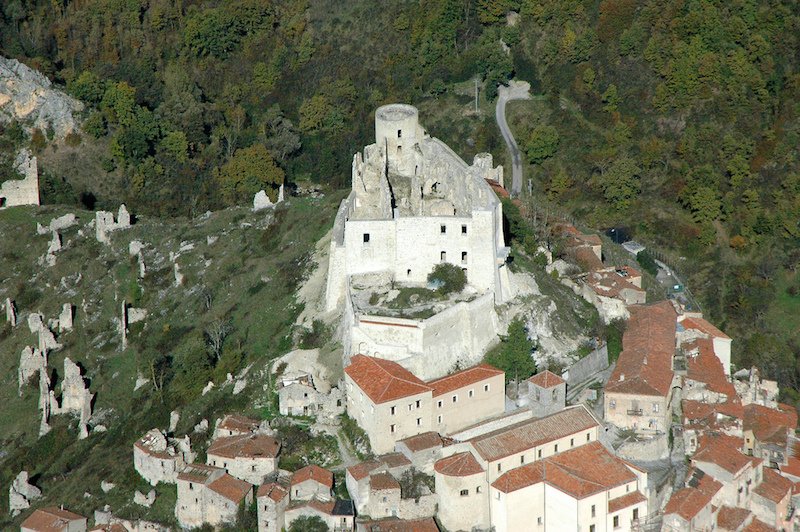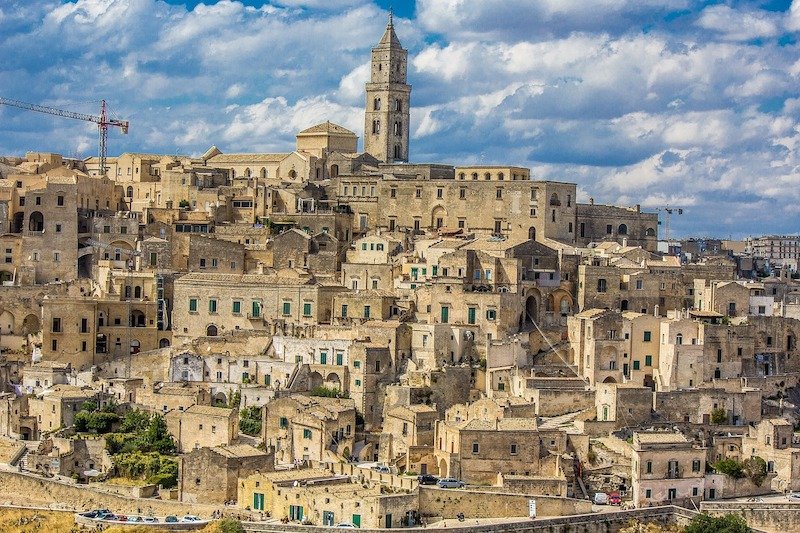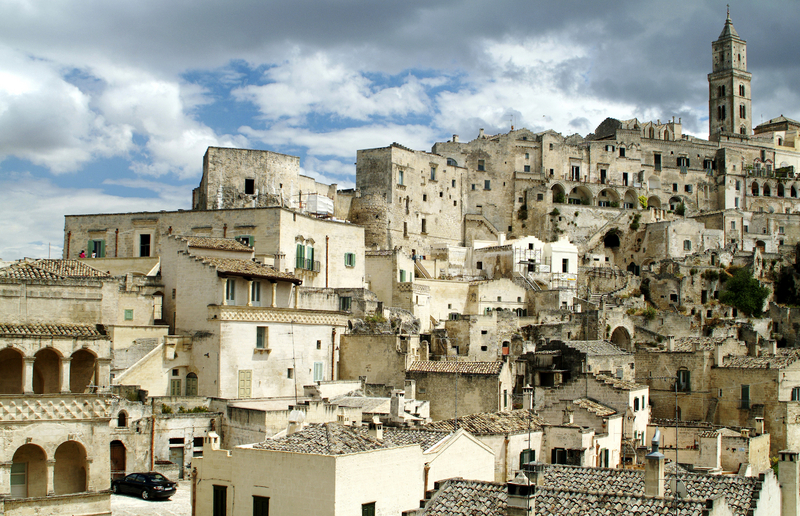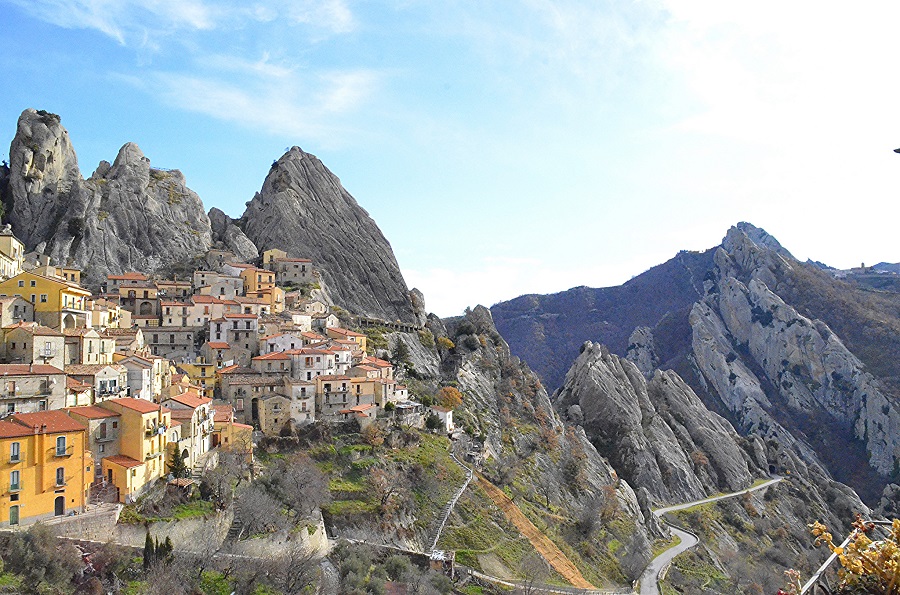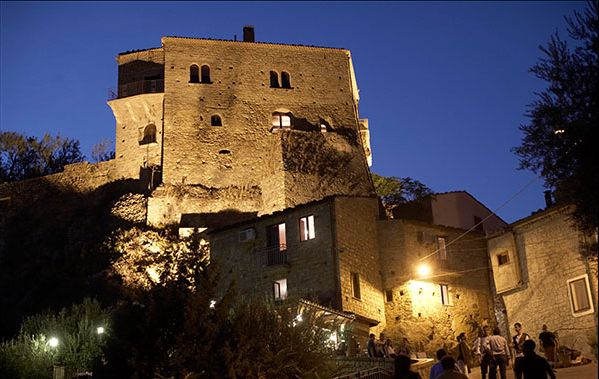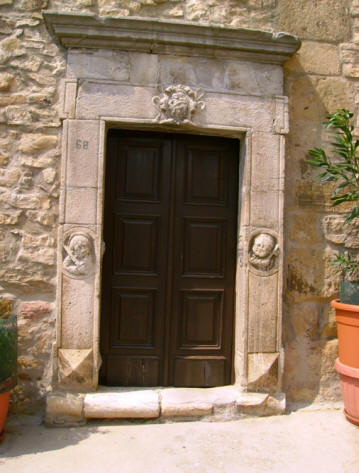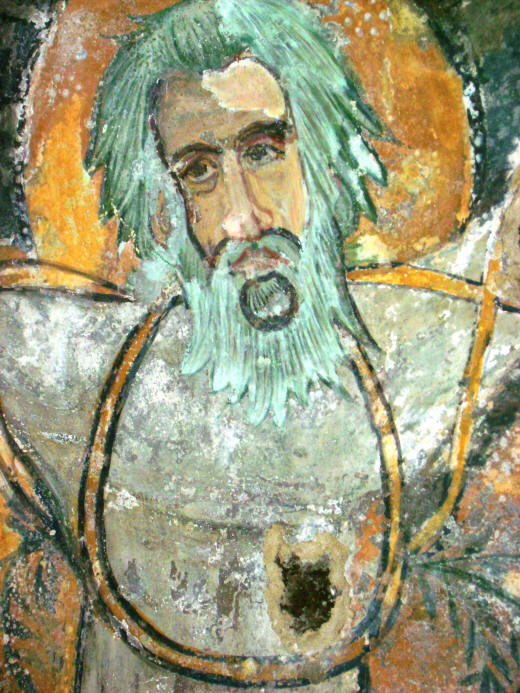If you are looking for fine Italian wine and food, consider the Basilicata region of southern Italy.
Basilicata
Potenza
Things to do and to see in Potenza, Basilicata.
Basilicata
Basilicata, the perfect place to immerse yourself into the true Italian experience, free from all the trappings of busy tourist areas
The most famous castles in Basilicata
If you have a penchant for historical buildings and castles are your thing, then Basilicata may be the region for you! Basilicata is home to some magnificent buildings created by the Normans, the Bourbons, and the Anjou. Many of them are in ruins but still maintain a timeless charm. However, […]
Matera
The European Capital of Culture for 2019.
The Sassi and the Rupestrian Churches of Matera
The Sassi di Matera is one of the most outstanding examples of troglodyte settlements in the region. Constructed by primitive man, this settlement is still intact and has adapted perfectly to the ecosystem and the terrain of the area, which was first inhabited in paleolithic times. The later settlements in the region […]
California or Basilicata?
My recent voyage to southern Italy was made into a course of preparation for my book which is dedicated to the unpublished story of the antique Knights Templar. Let’s discover together Basilicata, Italy! As I began deepening my knowledge of this unknown land, I encountered the unexplainable paradox: Basilicata is […]
Valsinni
Valsinni is a small commune and a town located in the Basilicata region of Italy in the province of Matera. The town of Valsinni is divided into two different parts. First, the ancient town is located on top of the hill and the newer town is located a little further down […]
What Lucania Kept Hidden Part I
My journey led me straight into the depths of the Italian south. It hadn’t demonstrated ordinary south, but one quite similar to a Bermuda triangle where everything usual, anything expected was not present. There I was surrounded by a certain Lucanian peace, a place deprived of humans, deprived of knowing, […]
What Lucania Kept Hidden Part II
This is a second part of the story: What Lucania kept hidden part I about the hidden gems of Lucania, Italy. A short passage to the church of San Biagio in Lucania reflected a continued military-Templar presence. The odd part was that as much as these places were similar, they […]
